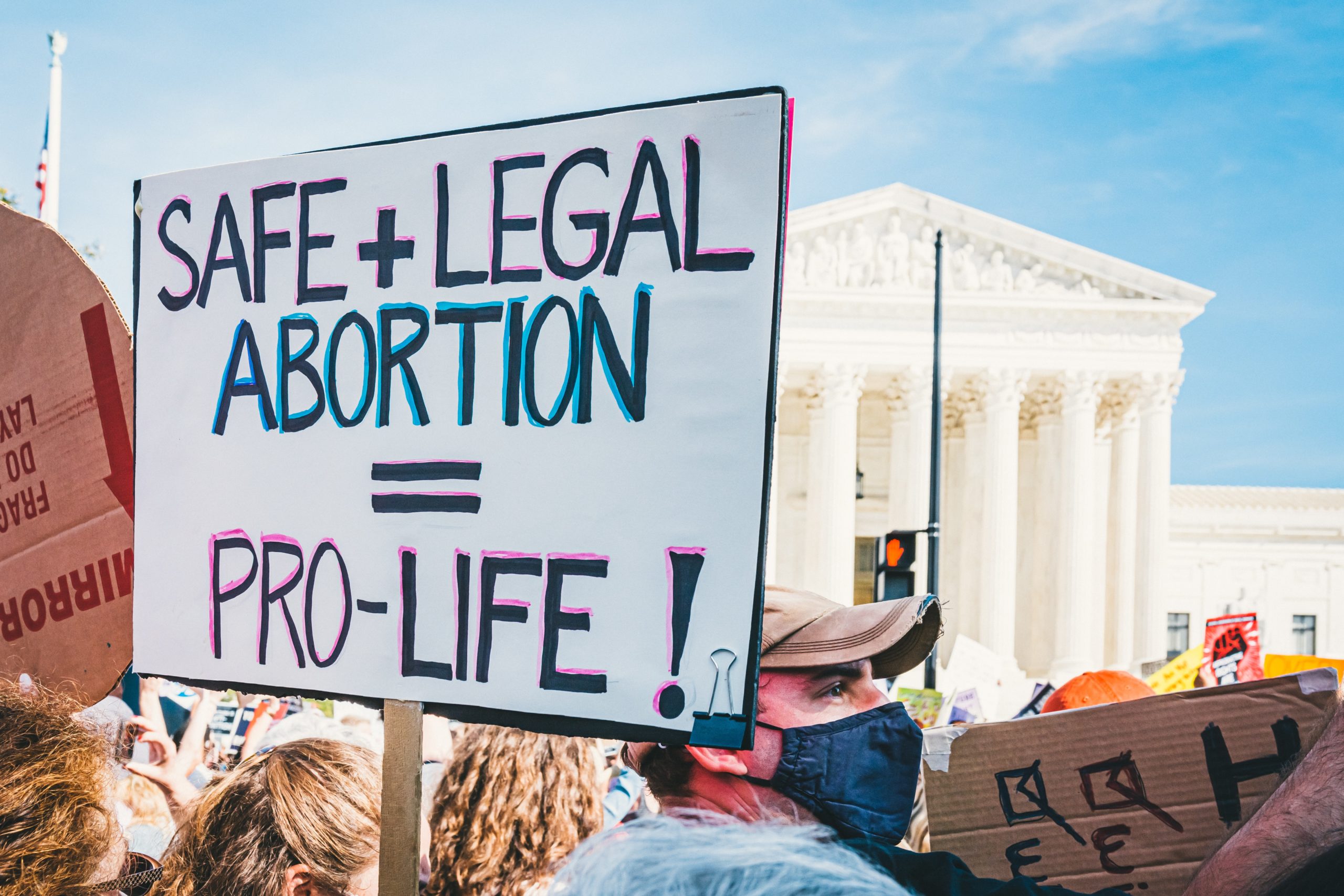Anti-Abortion Group Urges States to Pass Sweeping Criminalization Laws Post Roe
Model state legislation proposed by a leading anti-choice group would impose felony charges for a broad new set of activities related to abortion.

As the nation awaits the release of a Supreme Court decision that is expected to overturn the constitutional right to an abortion, a national anti-choice group has published model state legislation that would vastly expand the criminalization of abortion. If passed, the laws would allow prosecutors to file felony charges against anyone who provides information, support, or transportation to a person seeking an abortion.
In a memo published last week, National Right to Life Committee (NRLC) urges states to adopt a sweeping anti-abortion law that includes both civil, licensing, and criminal penalties. The group writes that the measures are necessary to ensure that people in states with abortion bans cannot access the procedure, including by traveling to bluer counties that may become “sanctuaries for abortion-on-demand.”
Under the group’s model statute, abortion would only be permitted to prevent the death of the pregnant person. However, if a state chooses to also make exceptions for rape or incest, NRLC’s proposed law would require the victim to provide documentation to the attending physician that the crime was reported to law enforcement.
NRLC’s draft legislation offers a frightening window into the new forms of criminalization that could be pursued in a post-Roe future, said Robin Marty, director of operations at West Alabama Women’s Center.
“Any person who so much as even talks about how to obtain an abortion is going to be thrown in jail,” said Marty of the proposed law.
The group’s draft legislation includes a sweeping definition of “aiding or abetting” an abortion that would include, among others, people and groups that provide “instructions over the telephone, the internet, or any other medium of communication regarding self-administered abortions or means to obtain an illegal abortion.” Under the law, people would face felony prosecution for hosting or maintaining a website, providing access to a website, or providing an internet service to a website that contains information on “how to obtain an illegal abortion” that is “purposefully directed at pregnant women” in the state.
Since Politico published a leaked draft of the Supreme Court opinion in May, a growing number of prosecutors have pledged not to enforce their state abortion bans. To address this issue, NRLC’s model legislation contains a provision that would allow the state attorney general to initiate prosecutions if a local prosecutor refuses. The memo describes the measure as a response to “radical Democrat prosecutors” who “regularly refuse to enforce laws that do not meet their social-justice agenda.”
NRLC’s proposed law would expand racketeering statutes to allow for the prosecution of abortion providers, which the group likens to a criminal enterprise that engages in a “pattern of illegal abortion activity.” Due to the ambiguity of racketeering laws, such a measure could allow for the felony prosecution of people who have no direct involvement in providing abortions—but who may be determined to be “associated” with such entities.
The group also recommends a new slate of abortion “trafficking” charges, which seem intended, in part, to prevent minors from leaving the state to obtain an abortion. The proposed statutory language states that “regardless of where an illegal abortion occurs,” a person who transports “a pregnant minor who is a resident of this state, with the intent to deprive the pregnant minor’s parent of knowledge of, and to procure, an illegal abortion or to obtain an abortifacient” is guilty of a felony—promotion of illegal abortion trafficking of a minor.
If adopted, NRLC’s proposed legislation would create a vast enforcement and criminalization framework that will cut off “every piece of information or assistance” to pregnant people, said Marty.
“Every time you’re like, okay, this is the bottom and then it’s like, no, actually, we’re going to put you in jail if you post information on a website,” said Marty. “How much lower can we go?”
